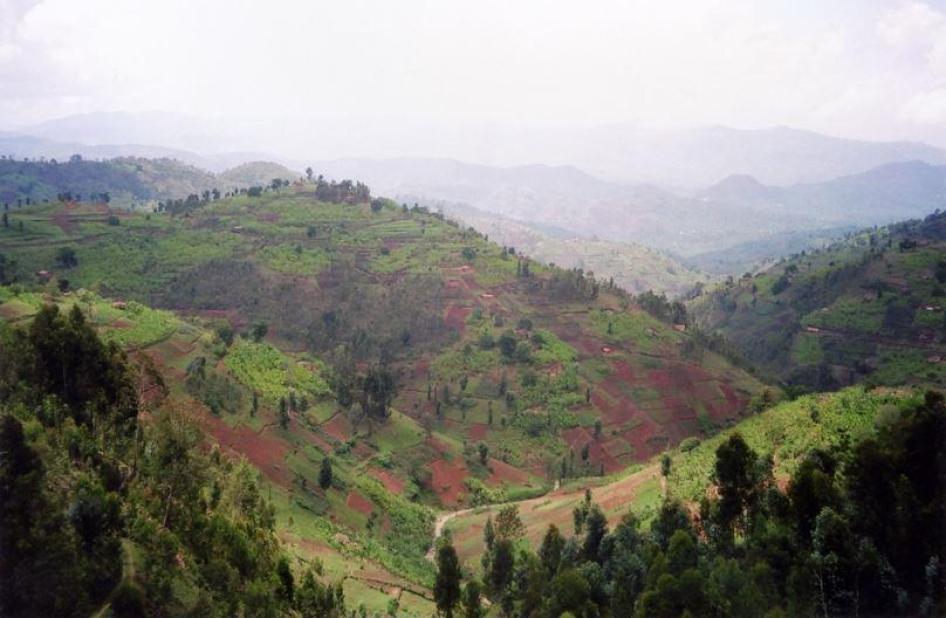A fascinating article on Rwanda has described the efforts of a Western tourist, Wendy Murphy, in addressing the complex realities of this beautiful country.
Unlike some tourists, Ms. Murphy did her homework before jumping on the plane to Rwanda. She had read up not only about the devastating genocide of 1994 – sadly the only thing many British people know about Rwanda – but also about the country’s rapid development since then. And, being more inquisitive than the average tourist, she had read about President Kagame’s human rights record. So she tweeted the president directly with a simple question: “We are very impressed with your country. What do you say to those who think your methods are dictatorial?” and was amazed when the president replied, encouraging her to tour the country to find out for herself.
Which she duly did, and came to the conclusion that thanks to Kagame’s policies, Rwanda has achieved the seemingly impossible.
Ms. Murphy is right: Rwanda’s economy has grown at an extraordinary rate, and the government – formed by the former rebel group which ended the genocide – has practically rebuilt the country from scratch since 1994. More than that, it has delivered public services, reduced poverty, and modernized the country beyond most Rwandans’ wildest dreams.
That is one part of the picture. The other is less visible to tourists.
Free speech is severely restricted in Rwanda. Political opposition and criticism from human rights groups are not tolerated. Independent media are muzzled. Rwandans who have dared raise their voices or challenge the status quo have been arrested, disappeared, or killed.
This year alone, an opposition activist and a journalist have disappeared without trace, and at least two opposition party members were arrested. The lead-up to the last presidential elections in 2010 was marred by a violent crackdown, including at least two political killings.
Visitors are rightly impressed with Rwanda’s clean and safe streets. What they may not know is how the Rwandan authorities treat people who may spoil that image: the police routinely round up street hawkers, beggars, street children, sex workers, and other poor and vulnerable people, and throw them into so-called “transit centers,” where they are held, often for months, in inhuman conditions.
Most Rwandans will not volunteer this information to tourists. They know better than to cross the government. In a country still scarred by the genocide, many people are afraid to speak freely.
Yes, Rwandans are undeniably better off today than before. But why not allow them to speak freely, and in doing so, contribute to their country’s remarkable journey?
Why not add democracy to the list of seemingly impossible achievements since the genocide?








